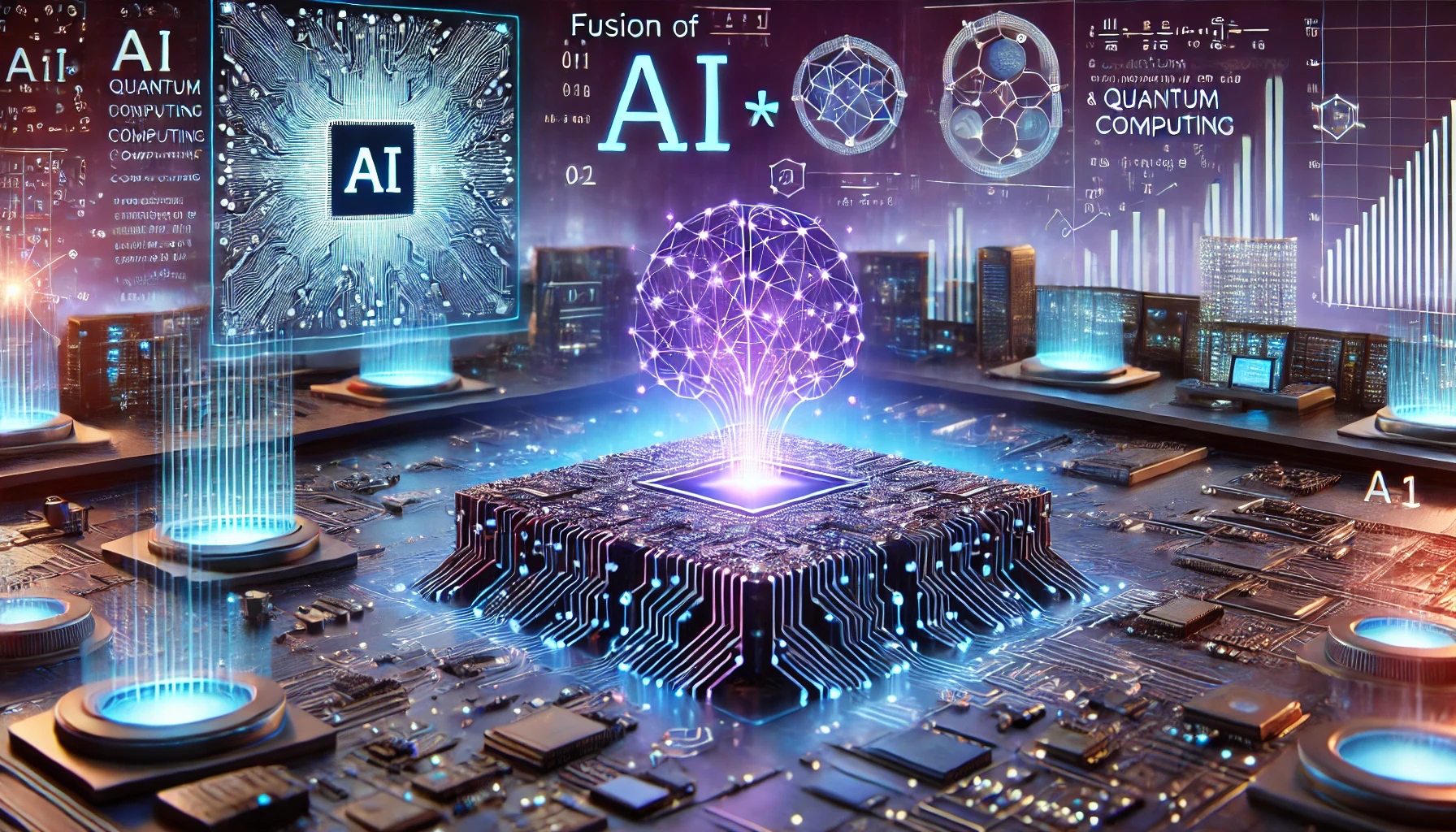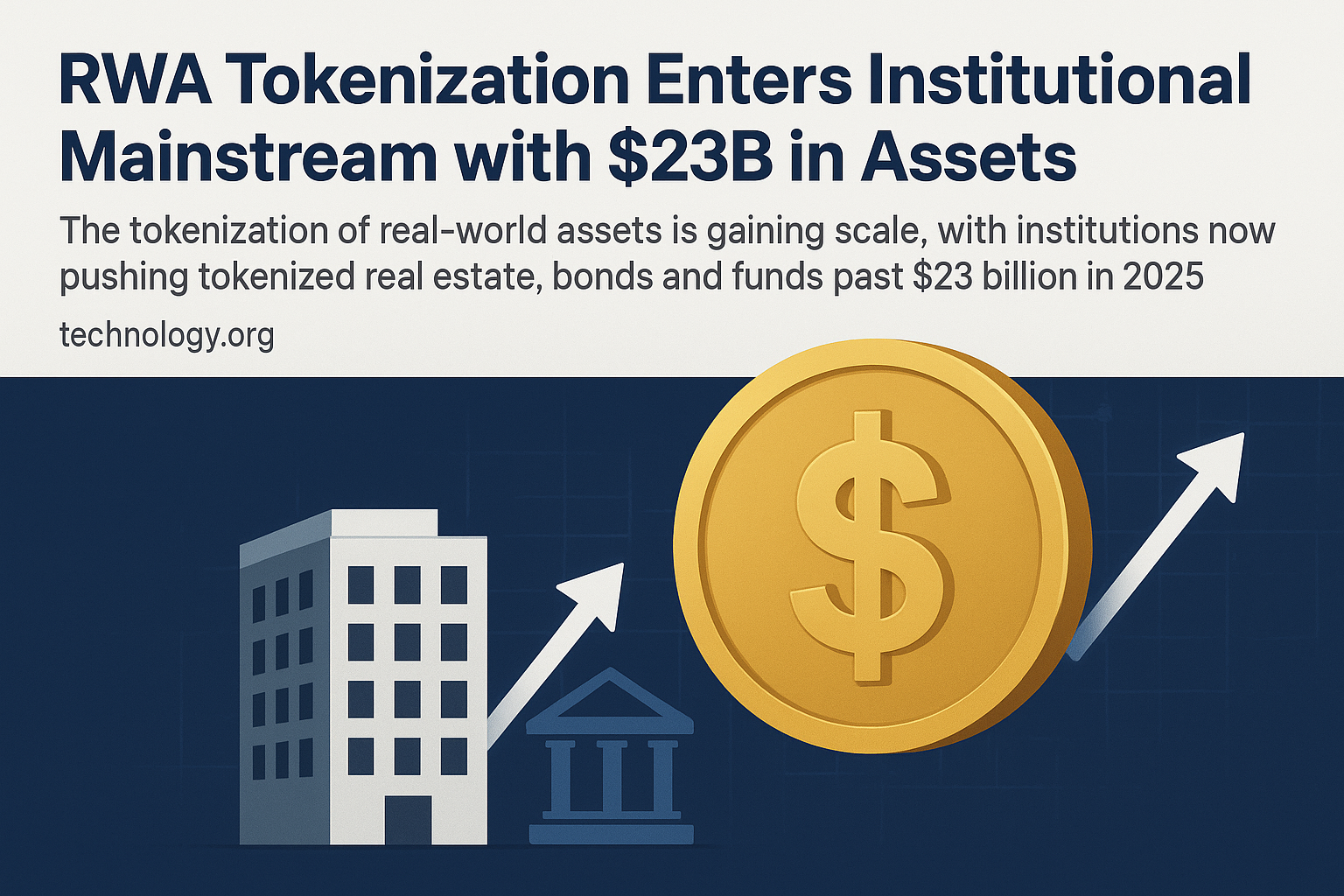The convergence of Artificial Intelligence (AI) and Quantum Computing is unlocking unprecedented potential in tackling complex problems across various fields. While quantum computing itself is a revolutionary step in computation, AI is proving essential in harnessing its full capabilities. Researchers are developing AI models that optimize quantum computing processes, paving the way for breakthroughs in science, industry, and even in understanding the universe.
The Quantum Leap: Understanding Quantum Computing’s Potential
Unlike traditional computers, which operate with binary bits, quantum computers utilize qubits that can exist in multiple states simultaneously. This phenomenon, known as superposition, allows quantum computers to process a vast amount of information at speeds unattainable by classical computers. Quantum computers also use entanglement, a unique property where qubits become interconnected, meaning the state of one qubit can affect the state of another, even across large distances. These principles create the foundation for quantum computing’s incredible computational capacity.
However, harnessing quantum computing’s full power has its challenges. Quantum operations are notoriously delicate, requiring precise environmental conditions and complex error correction mechanisms. Here, AI is stepping in as a critical tool for optimizing and stabilizing quantum processes, making them more feasible for real-world applications.
The Role of AI in Enhancing Quantum Computing Operations
As quantum computers scale, they generate massive volumes of data, making it challenging to manually analyze, troubleshoot, and improve operations. AI models can process this data, identify patterns, and create algorithms to correct errors in real time, effectively enabling more stable and reliable quantum systems. Machine learning models, for instance, can analyze how quantum computers perform under varying conditions and adjust the qubit operations to minimize errors.
AI also enhances calibration processes, which are vital for the accurate operation of quantum computers. By automating calibration, AI ensures that qubits remain in optimal conditions for longer periods, minimizing the interruptions caused by quantum decoherence—an issue where qubits lose their state due to environmental interference. With AI-powered optimization, quantum computers can perform longer, more accurate computations, bringing them closer to practical applications.
Tackling Complex Mathematical Problems: A New Era of Problem Solving
One of the most exciting aspects of the AI-quantum combination is its ability to solve problems previously considered unsolvable or too time-consuming. Many real-world issues, from predicting protein folding structures to optimizing supply chain logistics, rely on solving complex mathematical equations. Classical computers may take years to process such equations, but quantum computers, especially with AI optimization, could solve them in days, hours, or even minutes.
Key Areas Where AI and Quantum Computing Are Making a Difference:
- Drug Discovery and Molecular Modeling: AI-optimized quantum computing could simulate molecular interactions in ways classical computers cannot, enabling rapid drug discovery and precision-targeted therapies. Pharmaceutical companies are particularly interested in this potential to reduce drug development time and costs.
- Cryptography and Cybersecurity: Quantum computers pose both opportunities and threats to cybersecurity. On the one hand, they could break conventional encryption; on the other, they allow for the development of quantum-safe encryption methods. AI-enhanced quantum computing could detect and counter cybersecurity threats, creating more secure communication networks.
- Climate Modeling and Environmental Sciences: Quantum computing, aided by AI, can process vast datasets to create more accurate climate models, predicting environmental changes and helping policymakers make informed decisions on sustainability.
- Financial Modeling and Risk Management: The financial industry relies heavily on predictive modeling and risk assessment. Quantum computing, guided by AI, could improve decision-making by delivering real-time, high-accuracy forecasts that consider a multitude of variables, reducing financial risks.
The Path Ahead: Future Directions for Quantum and AI Integration
While still in its infancy, the integration of AI and quantum computing is rapidly advancing. Leading institutions like MIT are at the forefront, developing new AI algorithms specifically for quantum optimization. As quantum hardware improves, so too does the opportunity for AI-driven quantum applications, with some experts predicting that we could see functional, application-specific quantum computers within the next decade.
However, there are still technical challenges to overcome. Quantum computers remain costly and sensitive to external disturbances. Moreover, AI models themselves need to adapt to quantum processing principles, which requires new frameworks and theories. Collaborative efforts between academia, industry, and government are crucial in funding research and addressing these issues, ensuring that quantum-AI technologies reach their potential.
Ethical and Societal Implications
As with any transformative technology, quantum-AI integration brings both potential benefits and ethical considerations. Quantum-powered AI could, for instance, be a powerful tool for enhancing surveillance, prompting the need for regulations to protect individual privacy and prevent misuse. Furthermore, the sheer computational power of quantum-enhanced AI could lead to advancements in autonomous decision-making, raising questions about human oversight and responsibility.
Regulatory bodies worldwide are beginning to address these issues. The U.S., for example, has allocated significant funding towards quantum research under the National Quantum Initiative Act, while simultaneously considering ethical frameworks for AI. As quantum computing and AI grow closer, these guidelines will be essential for balancing innovation with societal responsibility.
Towards a Quantum-AI Powered Future
The fusion of AI and quantum computing marks a pivotal advancement in technology, setting the stage for solving some of humanity’s most complex challenges. While quantum computers are still emerging, AI is making them more efficient and effective, accelerating the pace of discovery. From drug discovery to cybersecurity, climate science to financial forecasting, the potential applications are vast and transformative.
As we look to the future, the ongoing collaboration between researchers, industry leaders, and regulatory bodies will be vital in shaping the development of quantum-AI technologies. With responsible innovation and careful oversight, AI-powered quantum computing could help usher in a new era of knowledge, efficiency, and ethical problem-solving, reshaping industries and improving lives across the globe.




